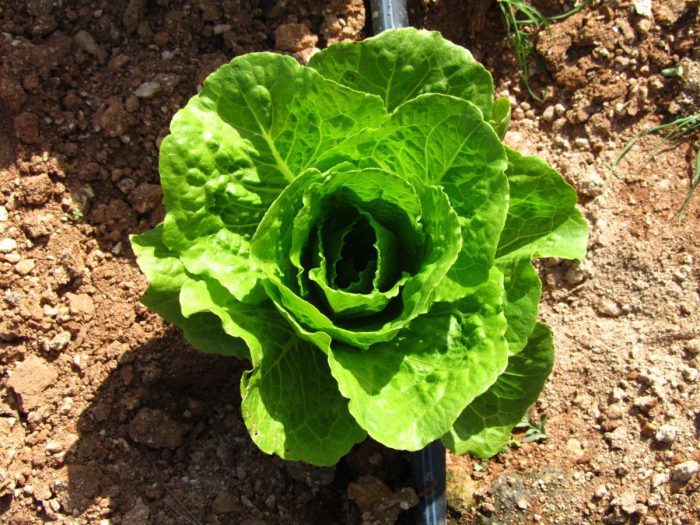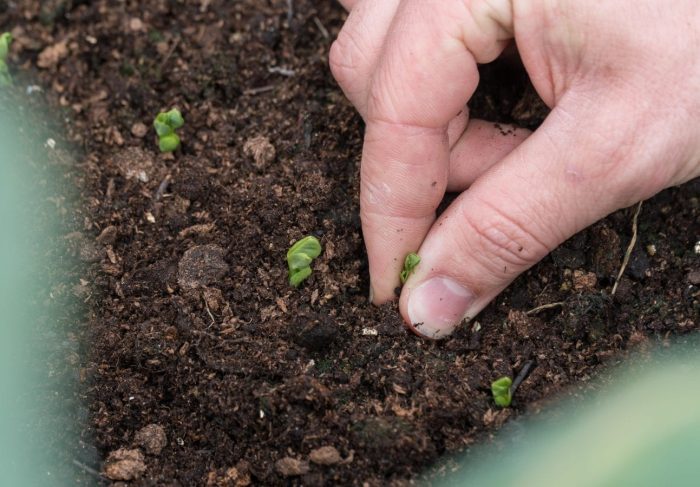July is a month where the gardening season is already in full swing and a lot of people should be focusing on the enhanced growth and protection of their crops to see them through to harvest. We’ve put together a few tips to remind gardeners of what to do to maintain their progress, what late coming newbies could grow or what experienced gardeners could add to their harvest this year.
Vegetable Gardening Tips for July
Last Chance to Sow?
If you’re only just getting into the gardening spirit (latecomers are most welcome), lettuce is a great option for an easy crop to grow. These lovely greens can provide a continuous harvest up until early autumn with weekly sowings.
If in the UK we’re lucky enough to have consistent sunshine, your lettuce should provide plenty of leaves. However, be sure that soil is moisture retentive and plants can access those much-needed nutrients. In case all that sunshine turns into a drought and there’s a sudden hosepipe ban.

Radishes
Although it’s getting late into the season for sowing and planting, as a fast maturing vegetable, winter radishes can still be sown. With plenty of sunshine about, July is a great time to get them straight out since they require a lot of sunshine. With that in mind, try to keep them clear from positions of shade or shade causing plants too.

Managing Your Gardening Space
Weed regularly
As you tend to your plants, a quality nutrient-rich fertiliser will work a treat for your plants. However, excess fertiliser and water may find its way into the path of weeds too. Nobody wants to waste good quality feed on weeds and certainly not having weeds growing at the same rate as crops. To prevent this, keep on top of weeding around gardening space.

Water to prevent bolting
In the midst of summer, you will need to water your plants regularly. Vegetables such as onions, spinach and carrots are susceptible to bolting in reaction to lengthier and warmer days. Regular watering can prevent the premature running to seed reaction that happens to crops when there’s a sudden change in weather such as cold spells or long days. This makes crops turn bitter and often unusually in shape, essentially ruining all your gardening efforts!


 Call us on 01246 240880
Call us on 01246 240880 Free 48hr Delivery
Free 48hr Delivery Sign-up and receive 10% off
Sign-up and receive 10% off